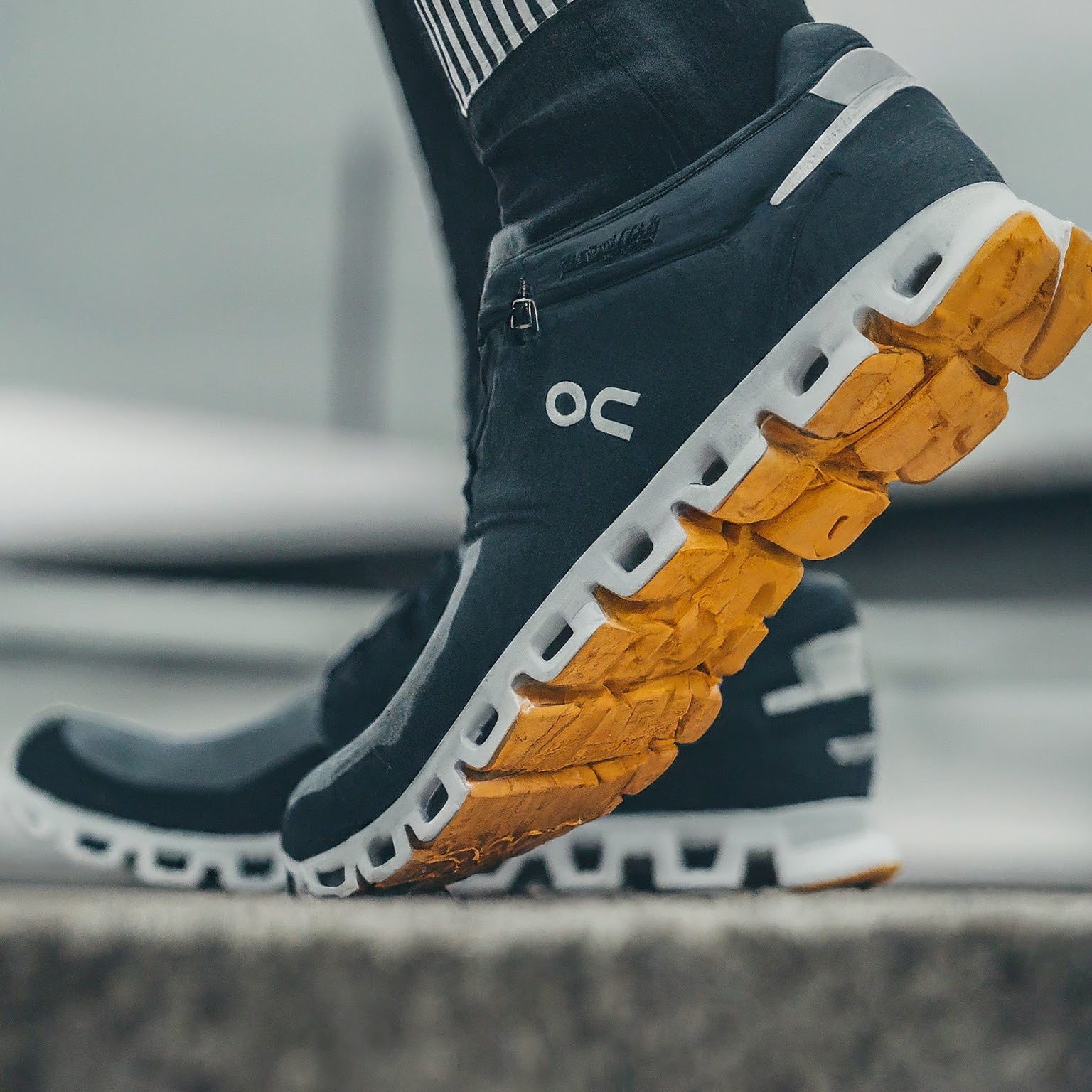USB C Charger
In today’s fast-paced world, a reliable USB C charger is a must-have. With so many devices relying on USB C for charging and data transfer, it’s crucial to choose the right charger to keep your gadgets powered up. Whether you’re charging your smartphone, tablet, or laptop, the right USB C charger can make a significant difference. Let’s dive into six essential tips to help you choose the best USB C charger for your needs!
Tip 1: Check the Wattage 🔋
Why Wattage Matters
The wattage of a charger determines how fast it can charge your devices. Higher wattage means faster charging, but it’s important to match the charger’s wattage to your device’s requirements. For example, a smartphone typically requires a lower wattage than a laptop.
How to Determine Your Device’s Wattage Needs
Check your device’s specifications or user manual to find out its wattage requirements. Smartphones generally need around 18-30 watts, while laptops may require 45 watts or more.
Examples of Devices and Their Wattage Requirements
- Smartphones: 18-30W
- Tablets: 30-45W
- Laptops: 45W and above
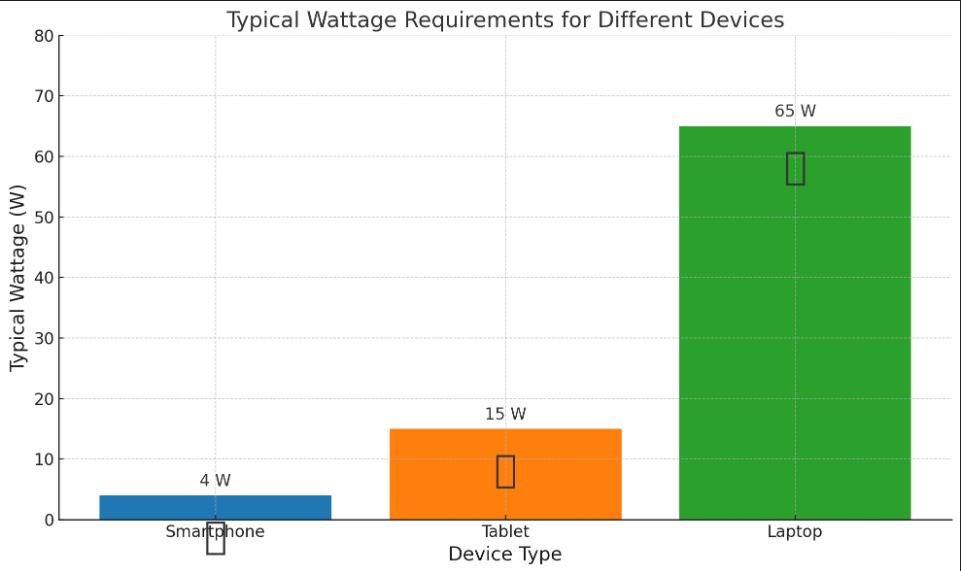
Tip 2: Look for Fast Charging Capabilities ⚡
What is Fast Charging?
Fast charging allows your device to charge at a much quicker rate than standard charging. This can be incredibly convenient when you need to power up in a hurry.
Common Fast Charging Standards
There are several fast charging standards, including Power Delivery (PD) and Quick Charge. Make sure your device supports one of these standards and choose a charger that matches.
Ensuring Compatibility
Check both your device and the charger’s specifications to ensure they support the same fast charging standard. This ensures you get the maximum charging speed.
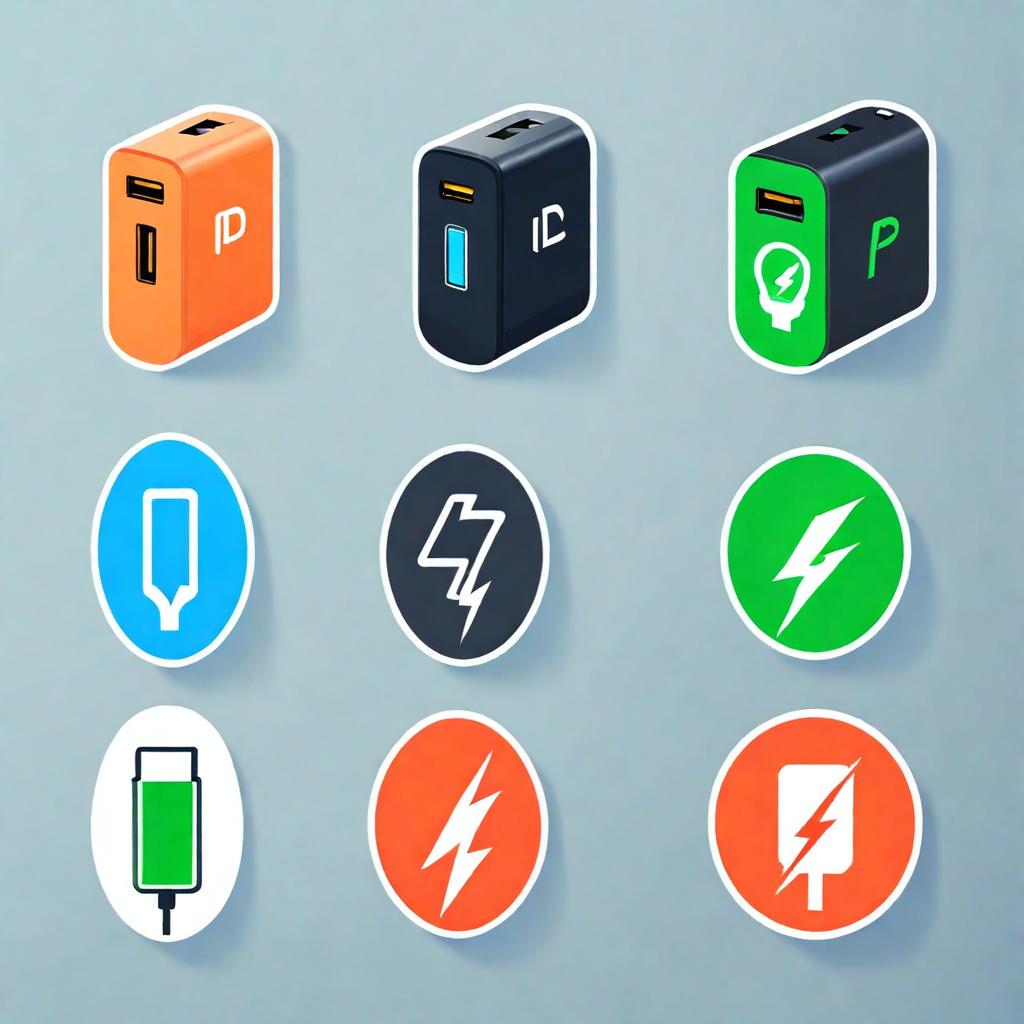
Tip 3: Ensure Compatibility with Your Devices 📱💻
Why Compatibility is Key
Not all USB C chargers are created equal. Some are designed for specific devices, while others are more versatile. Using an incompatible charger can lead to slow charging or even damage to your device.
Popular Devices and Their Charging Requirements
- iPhones: Require USB C to Lightning cables.
- Android Phones: Usually require USB C to USB C cables.
- Laptops: May need higher wattage chargers.
Avoiding Potential Issues
Always double-check your device’s charging requirements and ensure the charger you choose meets those needs. It’s better to be safe than sorry!
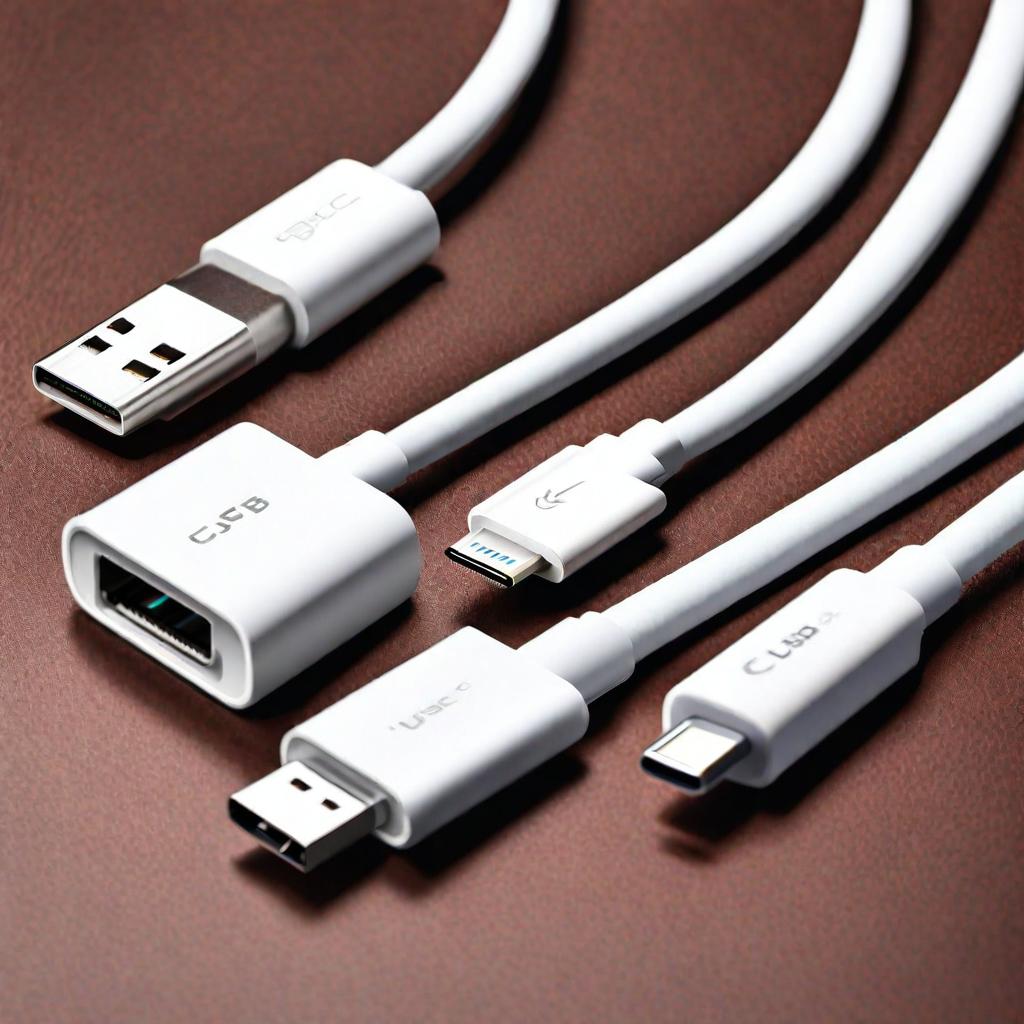
Tip 4: Consider the Number of Ports 🔌
Benefits of Multiple Ports
Having multiple ports on your charger can be a game-changer, especially if you have multiple devices. You can charge your phone, tablet, and laptop simultaneously without needing multiple chargers.
Types of Multi-Port USB C Chargers
- Dual USB C Ports: Great for charging two devices with USB C ports.
- USB A and USB C Combo: Versatile option for charging different types of devices.
Scenarios Where Multiple Ports Are Useful
- Travel: Charge all your devices with one charger.
- Home Office: Keep your workspace clutter-free with fewer cables.
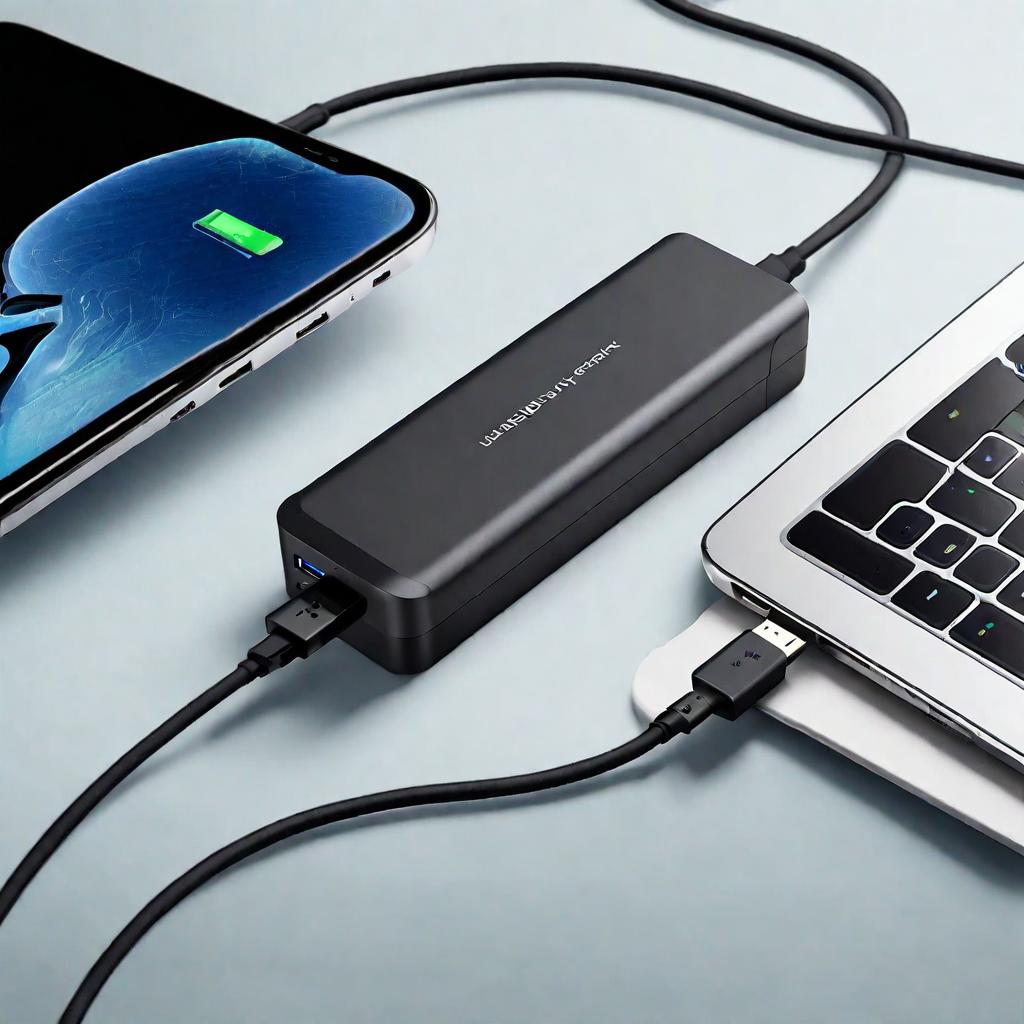
Tip 5: Evaluate the Build Quality and Safety Features 🛡️
Importance of Build Quality
A well-built charger is more likely to last longer and provide reliable performance. Look for chargers made from durable materials and with robust construction.
Common Safety Features to Look For
- Overcurrent Protection: Prevents damage from excessive current.
- Overvoltage Protection: Safeguards against voltage spikes.
- Temperature Control: Ensures the charger doesn’t overheat.
Identifying High-Quality Chargers
Choose chargers from reputable brands with good reviews. Look for certifications like UL, FCC, or CE, which indicate that the charger meets safety standards.
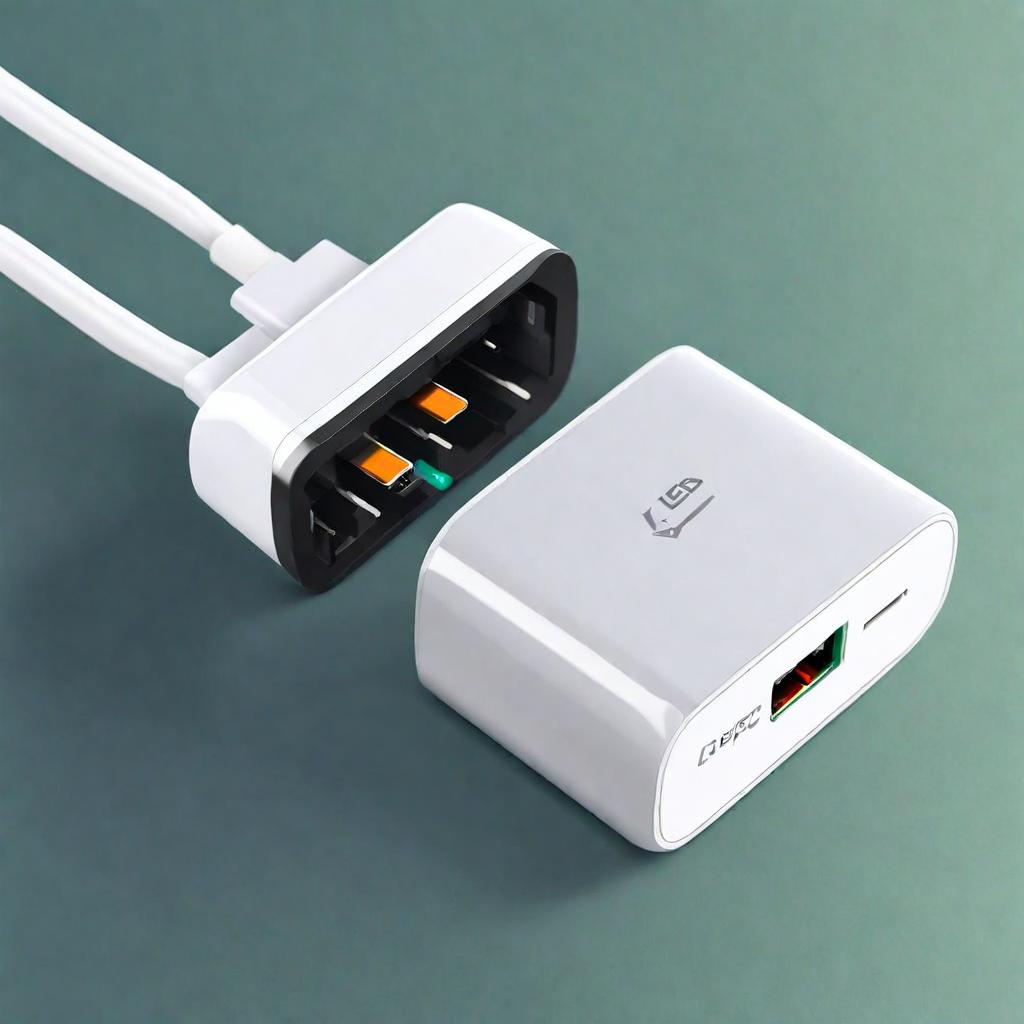
Tip 6: Read Reviews and Compare Prices 🛒
Value of Reading Reviews
User reviews and expert opinions can provide valuable insights into a charger’s performance and reliability. Look for reviews on tech blogs, online retailers, and forums.
Where to Find Reliable Reviews
- Tech Blogs: Provide in-depth reviews and comparisons.
- Online Retailers: Offer customer reviews and ratings.
- Forums: Great for getting real-world feedback from other users.
Comparing Prices and Finding the Best Deals
Price comparison websites can help you find the best deals on USB C chargers. Don’t just go for the cheapest option; consider the charger’s features and reliability as well.
Conclusion
Choosing the right USB C charger doesn’t have to be a daunting task. By considering wattage, fast charging capabilities, compatibility, number of ports, build quality, and safety features, you can find a charger that meets your needs perfectly. Remember to read reviews and compare prices to ensure you’re getting the best value for your money.
Investing in a reliable USB C charger can make your life easier and keep your devices powered up whenever you need them. Happy charging!
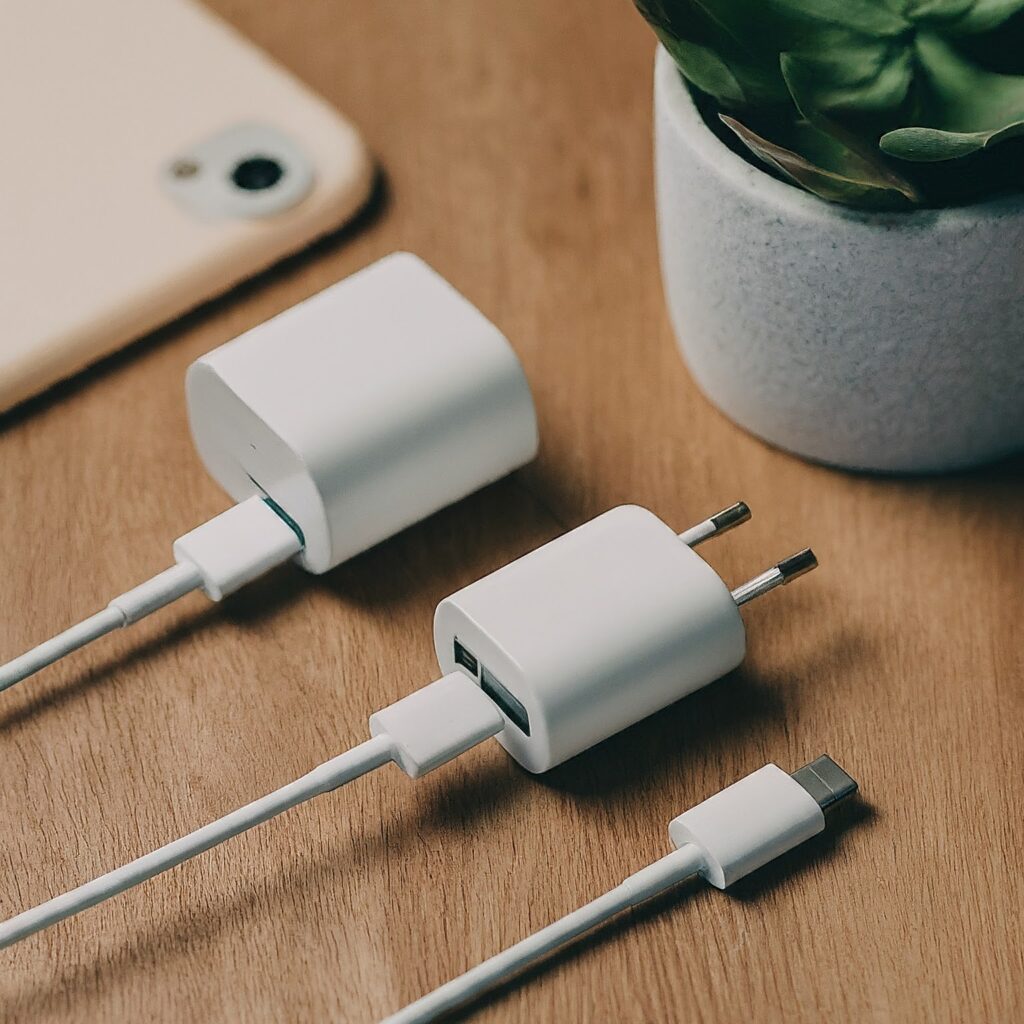
Call to Action
We’d love to hear your experiences and tips on choosing the right USB C charger! Share your thoughts in the comments below. For more tech tips and reviews, subscribe to our blog.
Stay powered up and connected! 🌟
Be sure to check out our blog section for more informative and helpful articles like this one.

